Four Australian healthtech startups have secured a total of $8.6 million in funding from the NSW Department of Health. The funding comes from the state government’s Medical Device Fund [MDF] and will help the chosen startups to develop and commercialise their innovations.
NSW Health Minister Jillian Skinner presented the fourth annual MDF grants at NSW Parliament House earlier this week and said the government is determined to capitalise on the growth of the state’s medtech industry.
“This year’s winners offer a range of pioneering devices with the potential to transform the delivery of health care and deliver life-saving benefits for patients,” said Skinner
The four recipients of the MDF fund are:
Elastagen – a skin regeneration and wound repair product based on its unique tropoelastin-based biomaterial platform. The product is used in the surgical treatment of severe scars like stretch marks and acne scars. The startup received a total of $4 million and is one of three startups working from ATP Innovations that was awarded a MDF grant.
In 2013 Elastagen also received the MDF award, which led to the startup gaining international recognition and support. The recent funding from MDF will enable the commercial-scale manufacture of Elastagen’s proprietary tropoelastin protein.
Nano-X – a smarter and smaller cancer radiotherapy machine that will enable affordable, accessible radiotherapy in resource‐limited areas. The startup received $2.5 million in funding, which will help the startup to commence animal treatments and translate those learnings into the final design of a clinical system.
Nano-X also works from ATP Innovations and looks to change the delivery of radiation therapy from large reference centres to small-town hospitals. Nano-X’s advanced on-board imaging and planning system captures 3D images in real-time, controls the radiation beam, and automatically delivers the correct amount of energy to targeted tissue. By moving the complexity of a radiotherapy system from hardware to software, Nano-X is less expensive to produce, less expensive to site, and can deliver a more complete therapy to patients outside major urban locations.
Breathe Well – a device that provides breast cancer patients with breath hold instructions to reduce the risk of radiotherapy, which can cause unnecessary and potentially fatal radiation heart damage. The startup has received $1.3 million from MDF, which will contribute to the team’s expansion, and will also go towards manufacture of a device for certification by the Australian Therapeutic Goods Administration.
Breathe Well is the third team working out of ATP Innovations and is also responsible for educating patients on how to attain the best breast cancer treatment results. The startup educates patients to hold their breath to put as much distance as possible between the heart and radiation beam and this action enables the most accurate breast radiation treatment possible.
HEARworks – offers a range of technologies and clinical and research services developed by the The HEARing Cooperative Research Centre (HEARing CRC). The startup received $750,000 for the development of the Auditory Cortical Discrimination (ACORD) test. This test looks to assist clinicians in deciding which hearing‐ impaired infants should receive cochlear implants.
Since the first round of funding in 2013, the MDF has helped multiple companies establish successful products, including Saluda Medical, which received $5 million last year and is about to celebrate the 12-month anniversary of its first pain relief device being implanted in a NSW patient.
ATP Innovations CIO, Ben Wright said the funding received by the three ATP Innovation startups is an outstanding result for both the portfolio companies and the medtech industry in NSW.
“None of this incredible technology comes about without collaboration between talented entrepreneurs, researchers, universities and industry,” said Wright.
“The NSW Government’s approach of supporting medical innovation and increasing the uptake of locally produced devices in the health system is not only cost effective, but contributes to improved patient outcomes in our own backyard.”
Image: Minister for Health Jillian Skinner and NSW Chief Scientist, Professor Mary O’Kane with MDF recipients.











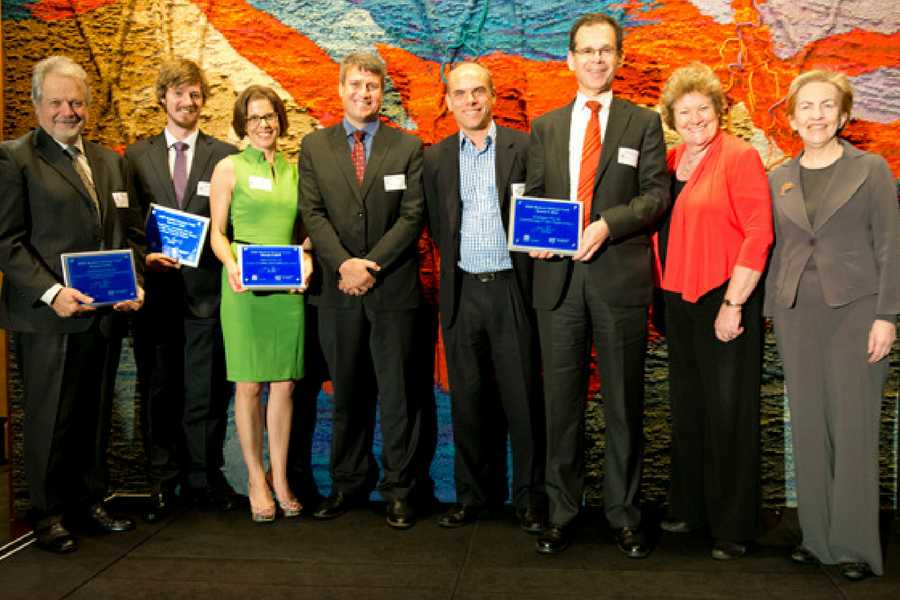
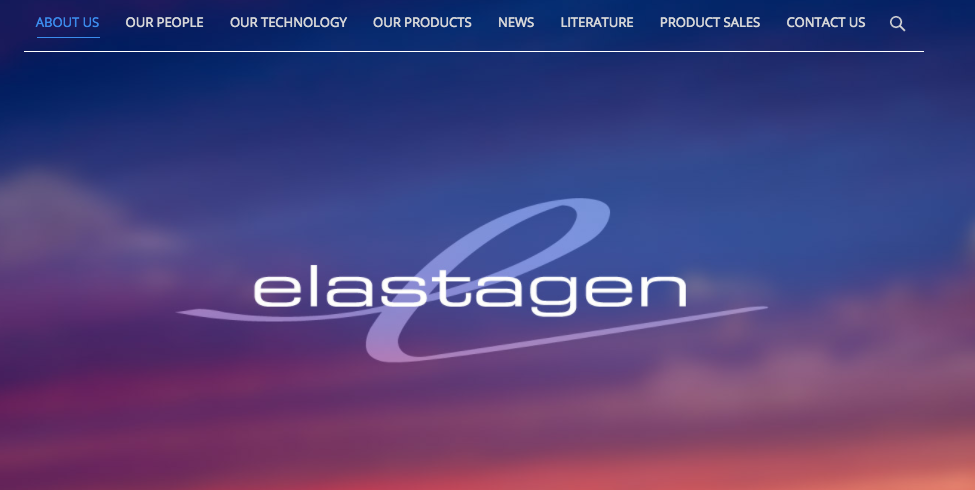
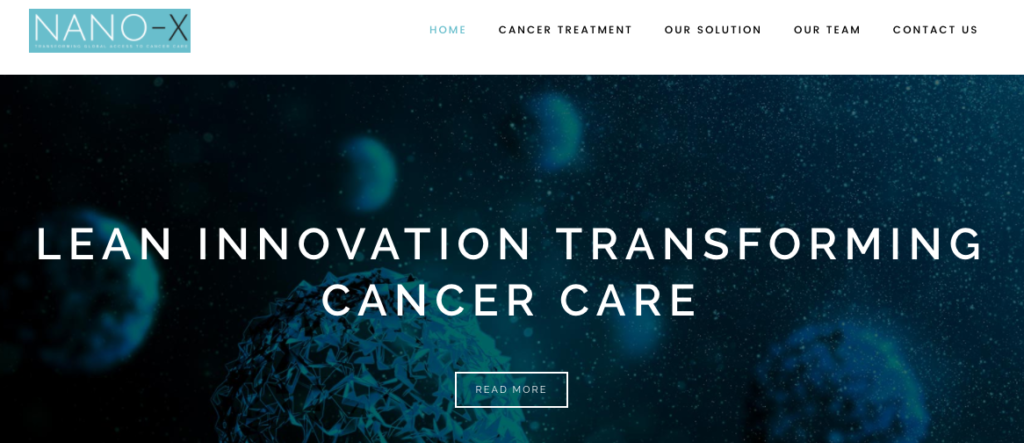
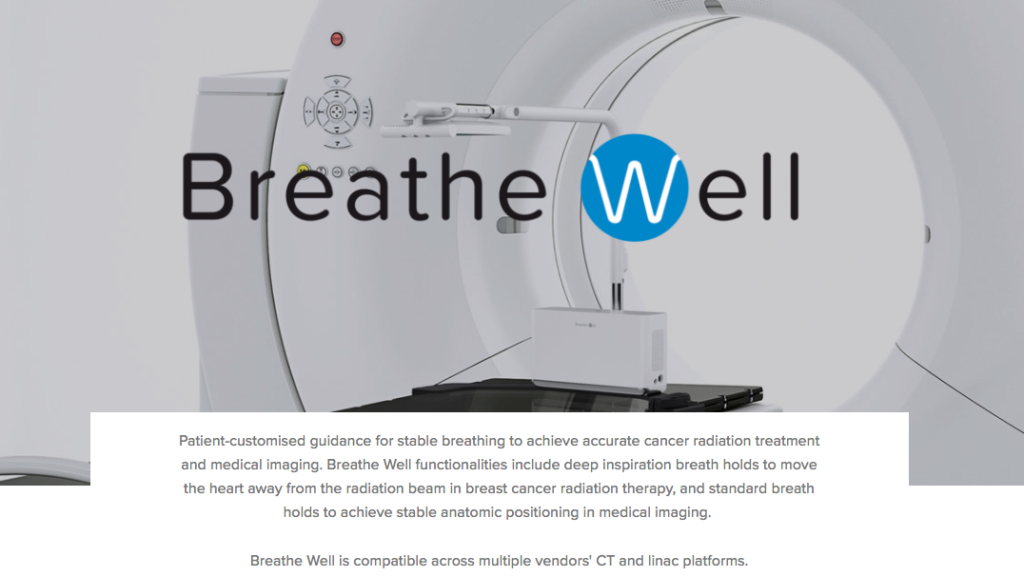
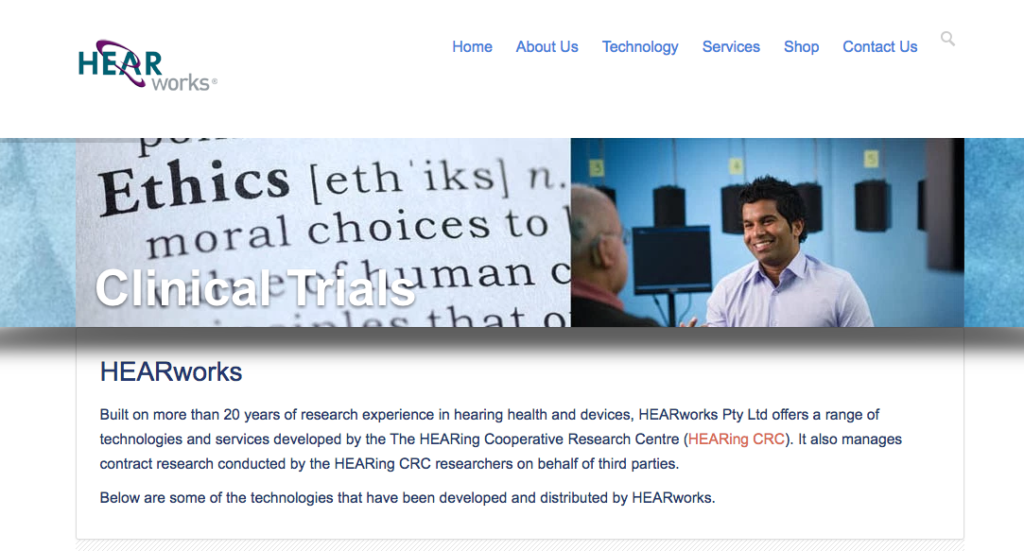






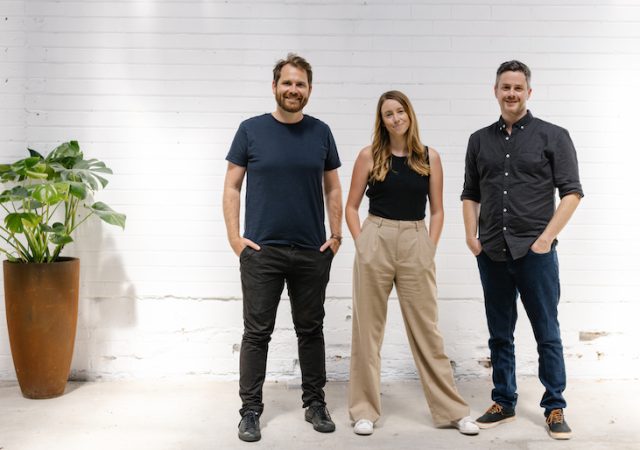
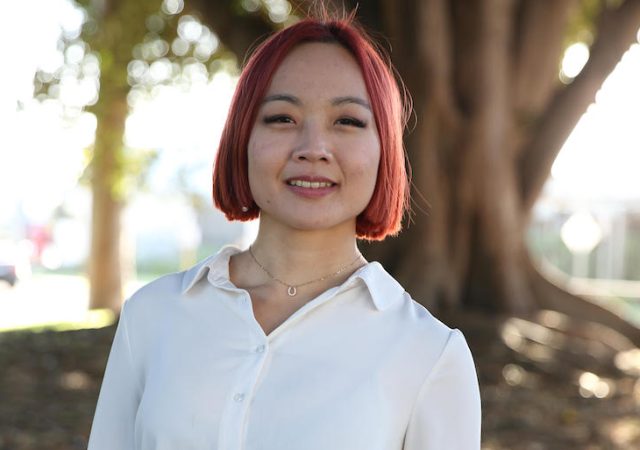
Trending
Daily startup news and insights, delivered to your inbox.